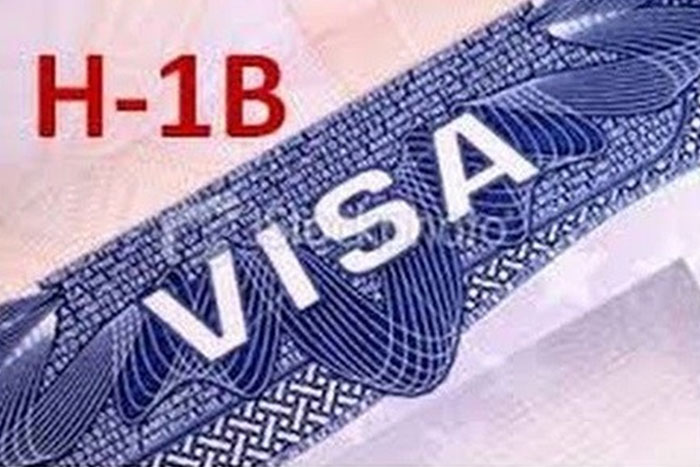
The United States is set to introduce a new program allowing H-1B visa holders to renew their visas domestically, a change expected to significantly benefit many Indian professionals working in specialty occupations. Previously, workers were required to travel to India to complete the renewal and restamping process.
The U.S. Embassy in India confirmed that the Department of State successfully conducted a pilot program in 2024, which enabled numerous specialty occupation workers from India to renew their visas within the U.S. This program streamlined the renewal process for thousands, addressing the difficulties many face in securing appointment slots at U.S. consulates, particularly in India.
“The Department of State is now focused on formalizing this U.S.-based renewal program for 2025,” the embassy announced.
The H-1B visa program, which allows U.S. employers to hire foreign workers in specialized fields such as technology, engineering, medicine, and finance, has been the subject of political debate. Critics argue that foreign workers, especially from India, compete with American workers for jobs. However, figures like President-elect Donald Trump, business leaders like Elon Musk, and entrepreneur Vivek Ramaswamy have supported the program, emphasizing the importance of skilled foreign talent to address labor shortages in the U.S.
Indian nationals have consistently received the largest share of H-1B visas. In 2022, Indian applicants accounted for 77% of the 320,000 H-1B visas approved, while in 2023, they made up 72.3% of the 386,000 visas issued. The new renewal program is expected to further simplify the process for Indian workers, who are the largest demographic of H-1B recipients.
Rising Costs for H-1B Applicants in 2025
As the year 2025 begins, applicants and their employers are preparing for the increased costs associated with securing an H-1B visa. This program, which permits U.S. employers to hire foreign workers in specialized roles, comes with significant fees that vary based on different factors.
Breakdown of H-1B Fees
$10 Registration Fee: The first step in the H-1B lottery is a $10 registration fee, which remains unchanged from 2024.
Mandatory Filing Fees: Employers are required to pay a base filing fee of $460 for all H-1B petitions, along with a $500 anti-fraud fee for first-time applicants or those switching employers, which aims to prevent abuse of the program.
Employer Surcharge: Companies with more than 50 employees, where over half of the workforce holds H-1B or L-1 visas, will face a $4,000 fee under the Consolidated Appropriations Act of 2016. This surcharge will remain in place until September 2025.
Premium Processing: Employers who need faster processing can opt for premium processing, which costs $2,805. This service guarantees a decision within 15 days and is crucial for businesses needing timely hires.
Who Bears the Costs?
While employers are responsible for most of the fees, including the filing, anti-fraud, and optional premium processing fees, employees may be required to cover additional costs, such as visa stamping and interview fees. The additional $4,000 surcharge also falls squarely on employers with large workforces reliant on H-1B and L-1 visa holders.
Recent Random Post:
















